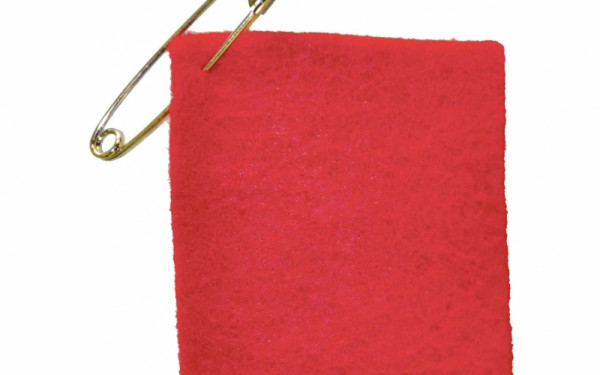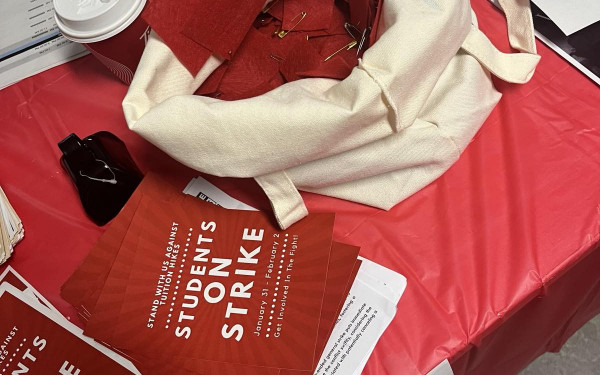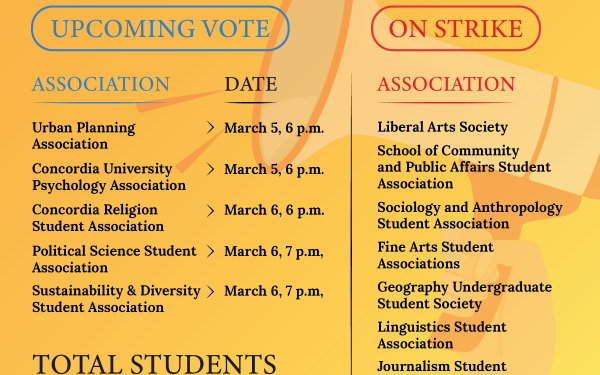A breakdown of Concordia behaviour guidelines
A guide to protesting as a student and what you should know
Last year was a very active one at Concordia in terms of student politics.
The university saw over 20,000 students striking against Quebec’s tuition hikes, unions striking for better pay, and Palestinian activists demanding the university divest from companies complicit in genocide via sit-ins, protests and public events.
With the 2023-2024 academic year behind us, the university has newly publicized its behaviour guidelines on its website.
Here’s a breakdown of the main behaviour guidelines provided by the university.
Concordia’s Code of Rights and Responsibilities prohibit threatening or violent conduct; harassment; discrimination; damage to or destruction of university property; unauthorized entry into university buildings and grounds; blockades; unauthorized camping or lodging in university buildings and grounds; use of picket signs, banners or flags containing any rigid structures supporting them; and the use of chants and slogans targeting identifiable groups during protests. In addition, according to Concordia’s Policy on Campus Public Safety and Security, using clothing or a mask to conceal a student’s identity is prohibited.
According to a Concordia University spokesperson, students who are concerned about COVID-19 and are potentially asked to identify themselves would “simply have to briefly remove [the mask] to identify themselves as a community member.”
Concordia can pursue disciplinary or legal action against those accused of violating the Code of Rights and Responsibilities. If a student violates the code, they will receive a formal email from the Office of Rights and Responsibilities (ORR). Formal complaints are then sent to the Office of Student Tribunals, where an official hearing date is set. Students do not necessarily have to go to the student tribunal, as the ORR offers informal resolutions of the complaints made to students depending on the case.
These regulations have been part of Concordia’s Code of Rights and Responsibilities for years, with its latest update implemented in 2022. However, Quebec Public Interest Research Group’s finance and development coordinator Wade Walker explained that Concordia’s publicization of the guidelines is telling.
“[The university seems] tired of how much people are trying to do on campus to make change,” Walker said. He said he still hopes that students will keep fighting for their causes.
This article originally appeared in Volume 45, Issue 1, published September 3, 2024.





_600_375_90_s_c1.jpg)

